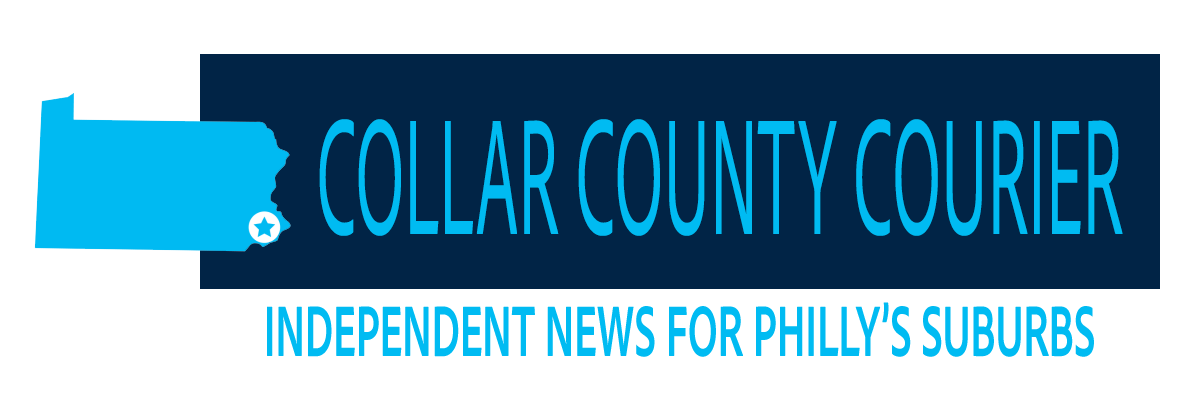The prolonged shutdown put Democrats and Republicans in disagreement on soon-to-expire Obamacare healthcare temporary subsidies.
The fight over reopening the government relied on common ground over expiring Obamacare subsidies. Democrats are insisting on keeping the expanded Affordable Care Act premium subsidies — first introduced under COVID-19 relief legislation and set to expire this year — as a condition for reopening the government. Republicans argue the subsidies were never meant to be permanent and have turned into a costly federal program, increasing spending and contributing to inflation under the Biden administration. The standoff has brought Washington to another budget impasse, with both sides accusing the other of posturing to keep the government closed.
Under the Affordable Care Act, health insurance premiums can be capped through federally subsidized spending for qualifying enrollees. During the first bipartisan COVID-19 stimulus package, Congress expanded those subsidies to offset rising premiums as millions lost work and businesses shut down. Those temporary premium supports, now set to expire in 2025, have placed a significant strain on government resources, according to the National Taxpayers Union Foundation (NTUF). With the pandemic long over and employment levels recovered, fiscal analysts argue the subsidies are no longer necessary.
In the weeks since the shutdown began, Democrats in Congress have refused to support multiple Republican-led efforts to temporarily reopen the government without an extension of the Obamacare subsidies. Senate Majority Leader Chuck Schumer and House Minority Leader Hakeem Jeffries both insisted that any funding bill must include the continuation of the enhanced premium tax credits, arguing that cutting them off would raise costs for millions of Americans. Republicans, led by House Speaker Mike Johnson, accused Democrats of holding the budget process hostage over a temporary COVID-era policy never intended to be permanent. Several short-term funding resolutions failed along party lines, extending the shutdown well into its fourth week.
House Ways and Means Committee Chair Jason Smith (R-MO) blamed Democrats past healthcare policies for the ongoing failure to reopen the government. “Democrats shut down the government in order to put illegal immigrants ahead of Americans, attempting to undo vital reforms that Republicans enacted just three months ago,” Smith said. “Hardworking Americans should not be paying taxes to subsidize the healthcare of those here illegally. But that’s exactly what Democrats are demanding in order to reopen the government.”
Some Republicans urged Speaker Mike Johnson to address the expiring subsidies but rejected Democrats’ claim that doing so is necessary to reopen the government. Both Johnson and Vice President J.D. Vance signaled openness to negotiating with Democrat leadership but insisted that the government must first reopen before any policy discussions take place.
Senate Minority Leader Chuck Schumer and House Minority Leader Hakeem Jeffries doubled down on their position, rejecting Republican pleas to separate the subsidy extension from the government-funding bill. Schumer told reporters on October 20 that Republicans “have not approached me with any substantive proposals” to extend the enhanced Affordable Care Act (ACA) premium tax credits before voting to reopen the government.
Senate Republicans are active in their efforts, with a group recently visiting President Trump at the White House. This comes after the President and close Senate allies floated using the “nuclear” clause to end the shutdown. Rep. Chip Roy suggested the Senate consider the option, which would skirt the 60-vote threshold for filibuster rules. President Trump defended considering the option and insisted the GOP “would not be extorted” by Democrats.





